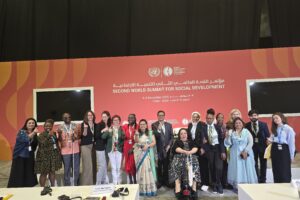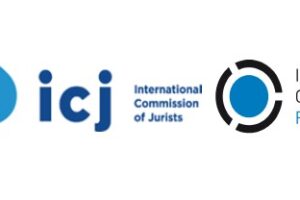
May 26, 2021 | News
The ICJ welcomes the ruling by the European Court of Human Rights in the case of B.B.W. and others v. the United Kingdom, setting out important guarantees against mass surveillance online.
On 25 May, the Grand Chamber of the European Court of Human Rights issued its final ruling in this case in which the ICJ intervened. The case deals with the human rights implications of the system of intelligence mass surveillance of the United Kingdom, which was unveiled by the revelations of Edward Snowden.
“The judgment sets out clear guarantees to be respected in order to carry out bulk interception of communications”, said Massimo Frigo, Senior Legal Adviser for the ICJ Europe and Central Asia Programme, “it is a first important step towards ensuring that protection of human rights is as effective online as it is offline. All Member States of the Council of Europe must now ensure that their surveillance systems respect these minimal guarantees.”
In its judgment, the Court recognised the difference between surveillance of individual communications and bulk interception of communications with the use of metadata and introduces a set of procedural guarantees to be respected at initial, intermediary and final stages of bulk data surveillance.
The Court found that these guarantees also apply when a State receives intelligence based on bulk interception carried out by foreign States.
The judgment, however, does not fully address the implications for human rights of States’ participation in close transnational surveillance cooperation such as the system of the “Five Eyes” including the UK, USA, Canada, Australia and New Zealand.
“These transnational surveillance systems entail a higher level of responsibility by States under international human rights law in light of the high risk of bypassing national remedies”, said Massimo Frigo, “We hope the Court will be able to address these important issues in the future to strengthen the protection of human rights online in Europe.”
Contact:
Massimo Frigo, ICJ Senior Legal Adviser, t: +41797499949, e: massimo.frigo(a)icj.org

Jan 15, 2021 | Advocacy, Cases, Legal submissions
The ICJ and Amnesty International have submitted today to the European Court of Human Rights their intervention in the case of Judge Igor Tuleya who alleges that the seven disciplinary proceedings brought against him have affected his reputation as a judge and undermine the authority of the judiciary.
Judge Igor Tuleya contests that the disciplinary proceedings brought against him were in violation of his right to respect for private life and of his right to an effective remedy against violation of human rights.
The case takes place in the context of the “reform” of the judiciary in Poland, involving policy measures and legislative changes approved between late 2015 and 2020, which have seriously compromised the independence of the judiciary.
The intervention focuses on three main issues:
- The scope of application of Article 8 and Article 13 in cases relating to disciplinary proceedings against judges, in light of international standards on disciplinary proceedings and measures and effective domestic remedies; of the Court’s Convention jurisprudence; and of general principles on the rule of law and the role and independence of the judiciary.
- The situation of the independence of the judiciary in Poland as the context in which to assess the application of Articles 8 and 13.
- The scope of Article 10 as applied to judges, including those engaged in the administration of the judiciary.
ECtHR-AmicusBrief-Tuleya_v_Poland-Advocacy-Legal-Submission-2020-ENG (download the third party intervention)
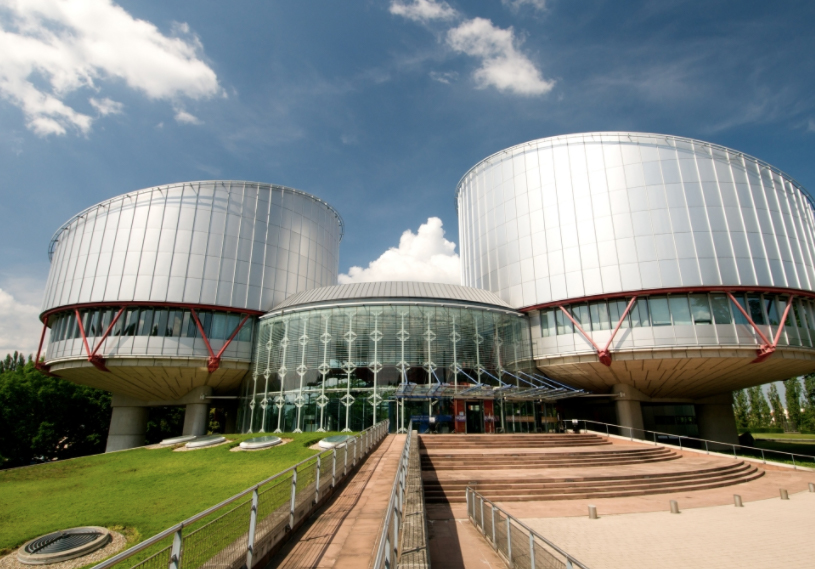
Dec 8, 2020 | News
The ICJ with partners has intervened in European Court for Human Rights case concerning collective expulsions, including of children from Croatia.
The ICJ and partners (European Council for Refugees and Exiles, Dutch Council for Refugees, AIRE Center and the Hungarian Helsinki Committee) intervened today in the case S.B. v Croatia (Application No. 18810/19) at the European Court for Human rights.
The case concerns collective expulsion of migrants, including children, from Croatia to Bosnia and Herzegovina, and excessive use of force.
In the intervention, the organisations have highlighted international legal standards regarding the principle of non-refoulement and prohibition of collective expulsions. They also point to the need to take into account specific vulnerabilities of asylum seekers and children in order to guarantee enhanced safeguards afforded to them under international and EU law.
The organisations also note that in operations aimed at imposing restrictions on freedom of movement or deprivation of liberty to carry out an expulsion, the use of force should only be employed exceptionally and subject to strict necessity and proportionality requirements. The lack of resistance to law enforcement officials, per se renders force unlawful.
Please find the third party intervention here.
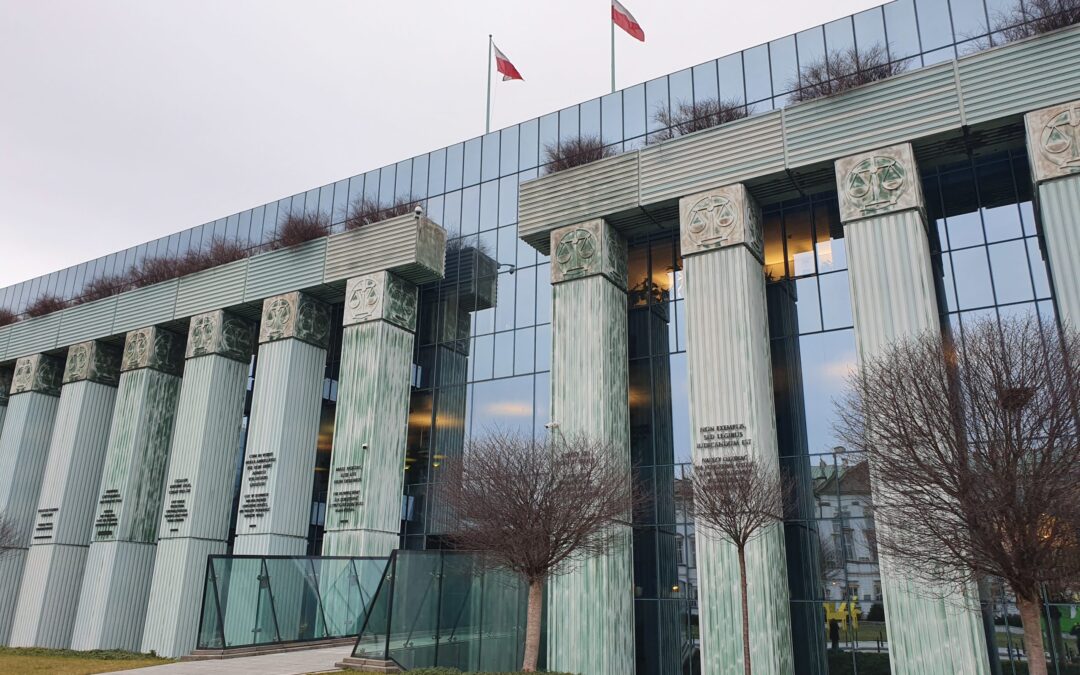
Nov 2, 2020 | Advocacy, Cases, Legal submissions
The ICJ submitted today a third party intervention to the European Court of Human Rights in a key case challenging the independence of the Disciplinary and Extraordinary Chambers of Poland’s Supreme Court.
In the case of Reczkowicz and Others v. Poland, the European Court of Human Rights will consider whether the recently established Disciplinary and Extraordinary Chambers of the Supreme Court of Poland may be considered an “independent and impartial tribunal” in order to satisfy the requirements of the right to a fair trial under article 6 of the European Convention on Human Rights (ECHR).
In its third party intervention, the International Commission of Jurists has submitted that a court cannot be considered as independent whenever the body that has appointed its members lacks guarantees of independence from the executive and legislative powers as enshrined in standards of the Council of Europe and the United Nations, including that at least half of its members be judges elected by their peers.
It further concluded that a court composed by judges appointed by a non-independent body or via a non-independent procedure will not be capable of constituting an independent and impartial tribunal under article 6 ECHR.
Poland- ECtHR-Reczkowicz and Others v Poland – TPI – ICJ – 2020 -ENG (download the third party intervention)
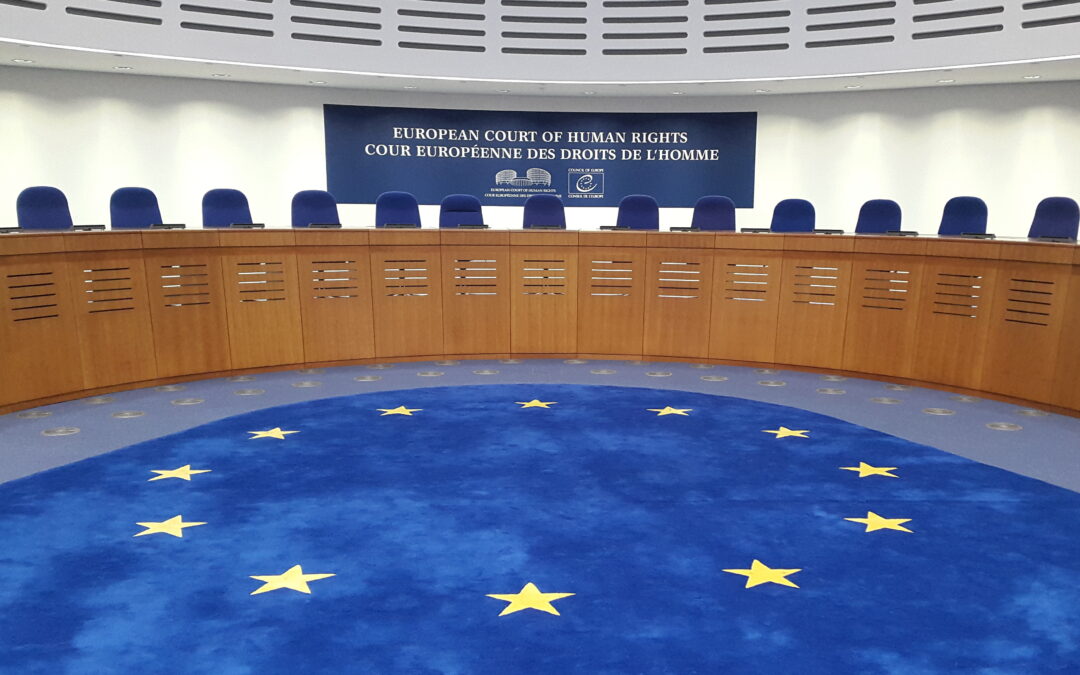
Oct 27, 2020 | Advocacy, Cases, Legal submissions
The ICJ and Amnesty International have presented today a third party intervention before the European Court of Human Rights in the case of the premature dismissal of Judge Waldemar Zurek from his position in the National Judicial Council.
In the case Zurek v. Poland, the ICJ and Amnesty International presented submissions on the scope of application of the right to a fair trial under Article 6.1 of the European Convention on Human Rights (ECHR) in cases relating to the role of an independent judiciary and its members through self-governance mechanisms (such as the National Council of the Judiciary) in light of international standards on judicial councils, judicial appointments, the judicial career and security of tenure; of the Court’s Convention jurisprudence; and of general principles on the rule of law and the role and independence of the judiciary.
They further submitted obervations on the scope of the right to freedom of expression under Article 10 ECHR as applied to judges, including those engaged in the administration of the judiciary.
ECtHR-AmicusBrief-Zurek_v_Poland-Advocacy-Legal-Submission-2020-ENG (download the third party intervention)







